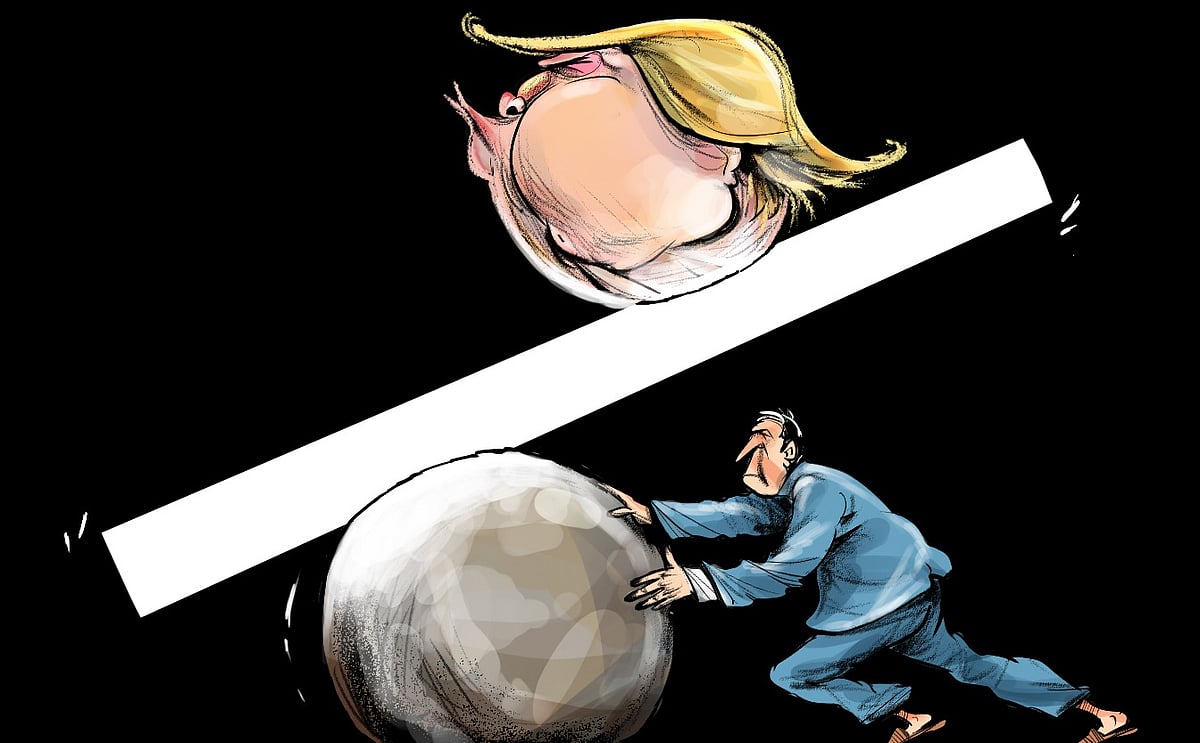There are several Americans who are aware of this meeting—those who saw the two men amiably converse on the grass in their full view, for example. But they are all outside the US administration. Maybe, one day Trump will talk about this meeting, if indeed it impacts his India policy in the long run. When the president plays golf, only trustworthy people are allowed on the course. They will not loosely blabber about what happens there.
Where do we go from here? The meeting’s impact ‘in the long run’ now depends entirely on the Indian government’s actions and the public pronouncements of its political leaders. Nothing is secret anymore about India’s tariff negotiations with the Trump administration. In dribbles, since February, when Modi called on Trump at the White House, the president has revealed everything there is to know about these trade talks. About a week ago, Trump said India offered zero tariff on US goods at one point. In contrast, India has officially said very little about the content of the five rounds of discussions it had with Washington officials.
Leaks aimed at a domestic audience have been numerous. This was bad strategy and has weakened India’s case within the US, where Trump’s position has big support. The only tactical mistake Trump made was to top up his original 25 percent duty with an additional “sanction” of 25 percent in the name of Russian oil purchases. It was a tactical mistake because it was India-specific and China was exempted from a similar levy.
There is a strong political view in New Delhi that India should maintain its macho stance with the US until after the Bihar elections and then compromise with Trump. Canada’s Prime Minister Mark Carney did just that. He won the Canadian elections in April on strident anti-US rhetoric and cut retaliatory tariffs on US goods from September 1.
To reach any trade agreement with the Trump administration, India must honestly admit publicly that its import duties on American goods are indeed high, for whatever reasons. Domestic public opinion may not digest it, but most countries do believe India is the world’s “tariff king”, as Trump alleges. A great disparity exists in the reciprocal duties between India and the US. It is not possible for India to continue robust trade with America unless it agrees to reciprocity and equality in mutual commerce.
K P Nayar | Strategic analyst
(Views are personal)







